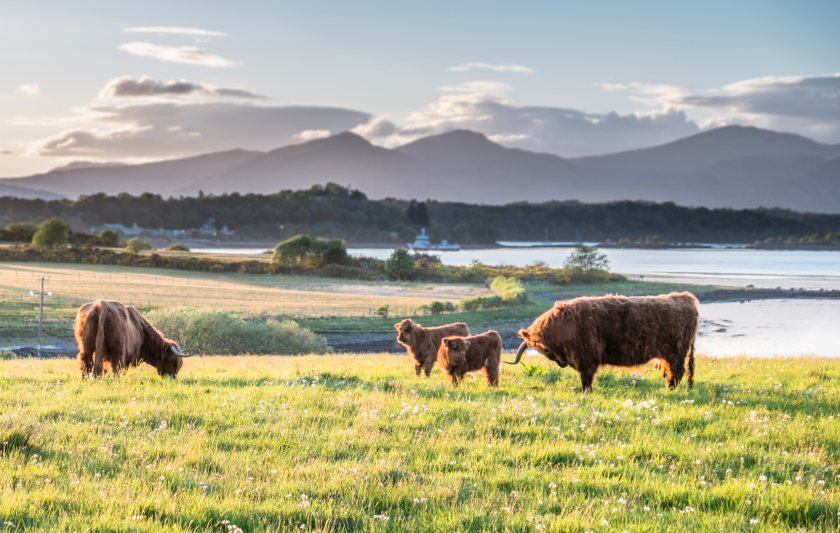Labour's farm tax a 'hammer blow' to Scottish farming, SNP says

The SNP has slammed the UK government's restrictions on agricultural property relief (APR) as a 'hammer blow' to Scotland's family farms.
The party's Defra spokesperson, Seamus Logan MP said tenant farmers would be particularly affected by the tax changes, announced recently in the budget.
He said the inheritance tax change - a 20% charge on farms worth more than £1m - would force many to pay 'huge penalties' in order to pass down land used for farming.
Mr Logan also warned that Scottish tenant farmers were now faced with what could be a significant level of land disposals from private estates.
It comes as the Tenants Farmers Association (TFA) recently said that without changes, the tenanted farming sector could see the 'loss of many small family farms'.
The body's chief executive, George Dunn stated that the government's changes announced to APR 'leave us with huge concerns.'
But the SNP said this would be particularly felt in Scotland, where there is a proportionally larger farming sector and around a quarter of farms are tenanted.
The country is also home to more than 20,000 crofts, with three quarters of those let.
Prior to the budget, the SNP's Defra spokesperson had written to Chancellor Rachel Reeves calling for APR to be protected.
Now, with the 'emerging threat' to Scottish farmers, the Aberdeenshire North and Moray East MP has written again demanding action.
"Your budget has been an attack on Scottish farmers and a disaster for rural Scotland," his letter to the chancellor says.
"In one fell swoop you have has scythed away support for small Scottish farms and now we know Scottish tenant farmers may face a hammer blow with significant land disposals by larger estates looming.
"This is a savage attack on family farms with the consequences being realised in the destruction of Scotland’s farming tradition and in higher food prices."








